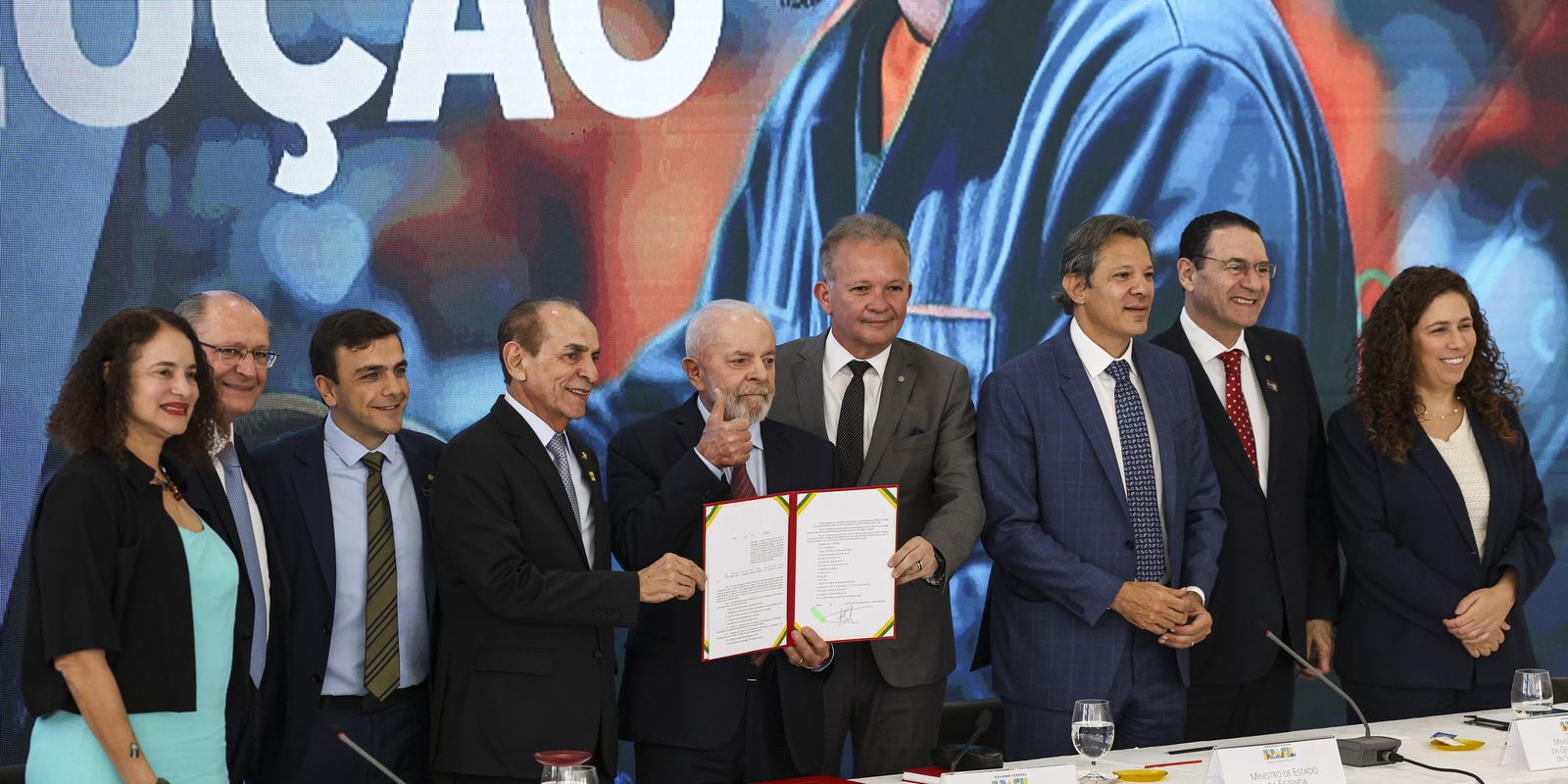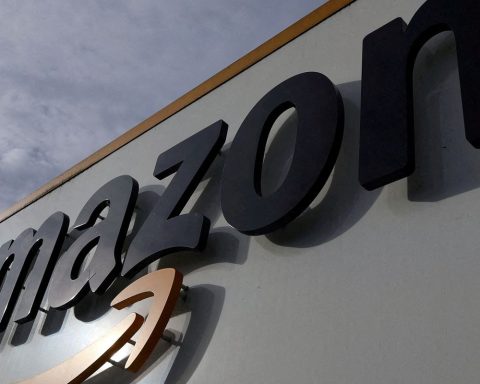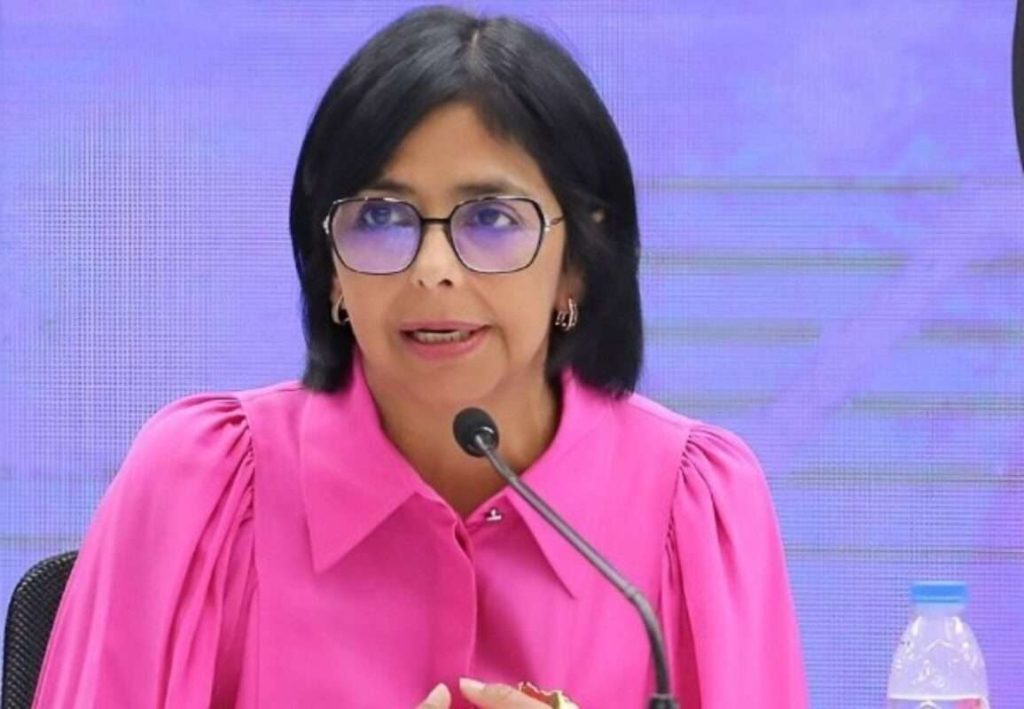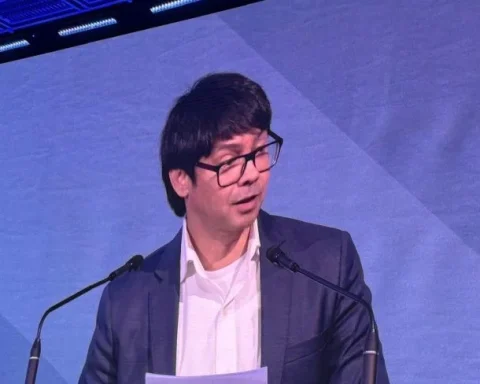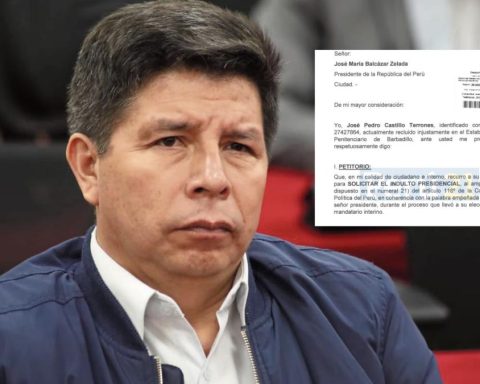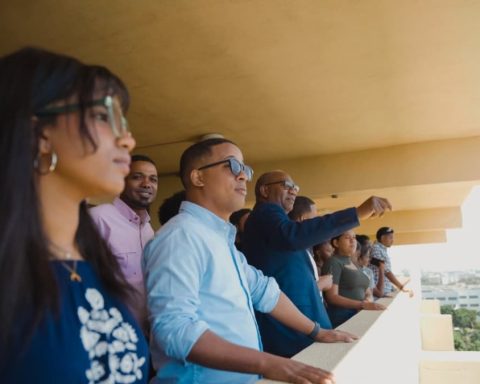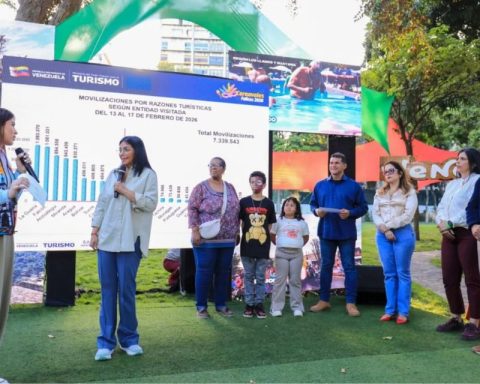Brazilian industry will receive a boost of R$58.7 billion in public investments for digital transformation by 2026, in addition to R$85.7 billion from the country’s production sector by 2035. The first resources will be directed to the manufacture of fiber optics, installation of data centers and cloud computing, telecommunications, electromobility, software development and implementation of infrastructure networks.
Added to the R$42.2 billion that has already been allocated by the public sector in this government, the total reaches R$186.6 billion in investments.
The announcements were made at a ceremony at the Planalto Palace, when President Luiz Inácio Lula da Silva also signed into law the new Brazil Semiconductor Program (Brasil Semicon). The measure provides for incentives of R$7 billion per year until 2026, in tax credits, for the semiconductor and information and communication technology (ICT) sector, with applications focused on solar panels, smartphonespersonal computers and other devices directly associated with the so-called Industry 4.0.
The Vice President and Minister of Development, Industry, Commerce and Services (MCTI), Geraldo Alckmin, explained that, today, digital transformation reaches 19% of industrial companies and the goal is to reach 25% of them by 2025 and 50% by 2033. Semiconductors (chips), industrial robots and advanced digital products and services are the main production chains to be strengthened.
According to him, mission 4 of the New Industry Brazil aims to boost the digital revolution in the country in sectors such as the Internet of Things, artificial intelligence and Big Data, in addition to increasing the competitiveness of Brazilian industry and promoting sustainable economic growth with job and income generation. “This is everything Brazil needs,” he emphasized.
“If we analyze GDP growth [Produto Interno Bruto – soma das riquezas produzidas no país] in the second quarter three things stand out. Firstly, the number is much higher than the market said, 1.4% economic growth; secondly, compared to the rest of the world, we have the second highest GDP growth among OECD countries; and thirdly, breaking down this investment, the highest were industry (1.8%) and investment (2.1%). This is what guarantees sustainable economic growth with job and income generation”, explained Alckmin.
The public resources earmarked for mission 4, between 2023 and 2026, come from the Plano Mais Produção (More Production Plan), the Brasil Mais Produtivo (More Productive Brazil) program and other government programs (ICT Law, PADIs, MCTI actions). This account also includes the launch of LCDs (Development Credit Letters) from the National Bank for Economic and Social Development (BNDES), which will add R$30 billion to the bank’s shares during this period (R$10 billion per year).
Private investments are scheduled to occur between 2024 and 2035 and involve infrastructure actions, acquisition of machinery, research and development (R&D), new plants and diversification of the technology park, among other projects. The announcements were made by associations representing companies in the semiconductor and high-tech sector – Abinee, Abisemi and P&D Brasil – and by Amazon Web Services.
Incentives
The text sanctioned by Lula was approved in August by the Senate and provides for investments in the entire semiconductor production chain, aiming to make chips manufactured in the country more competitive and boosting the information and communication technology (ICT) sectors. With the new law, the BNDES and the Brazilian Studies and Projects Financing Agency (Finep) will be able to finance the development and production of microchips and solar panels.
The new law also extends the validity of the Program to Support Technological Development of the Semiconductor Industry (Padis) until 2073. Before this change, the program was expected to end in 2027. The new date, also extended for the Computer Law, coincides with the granting of benefits for the Manaus Free Trade Zone.
The text also includes new activities, such as design of softwares for virtual environments, as candidates for tax relief. It also ends the requirement for a prior government list for the acquisition of incentivized inputs.
In the case of financing for companies, the counterpart to investments may be calculated based on the companies’ total revenue, and not just on internal sales, as is currently the case.
